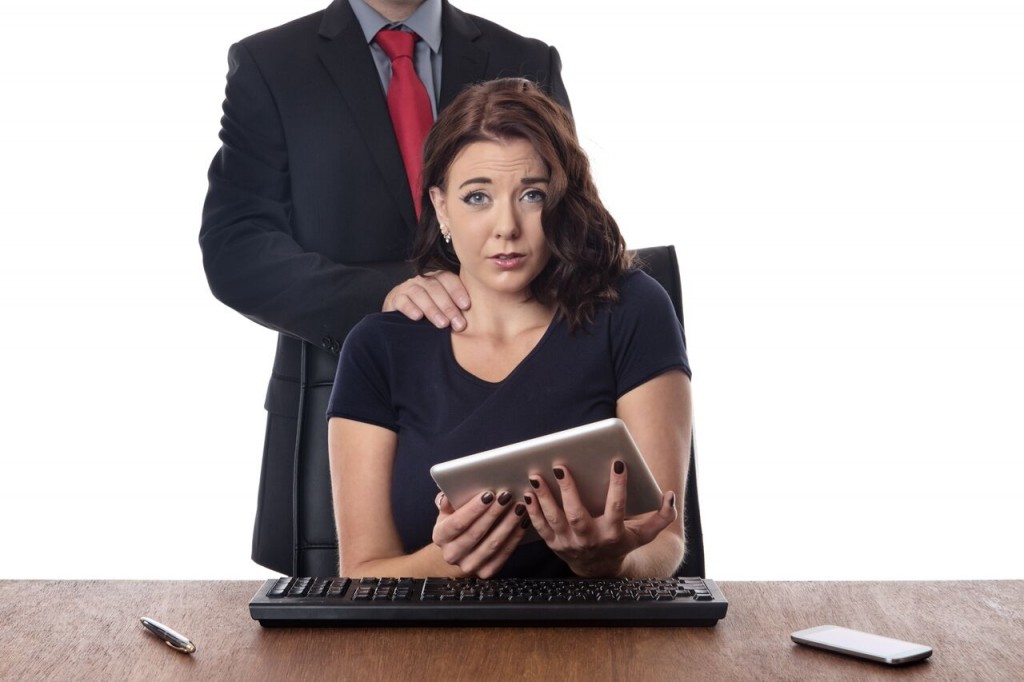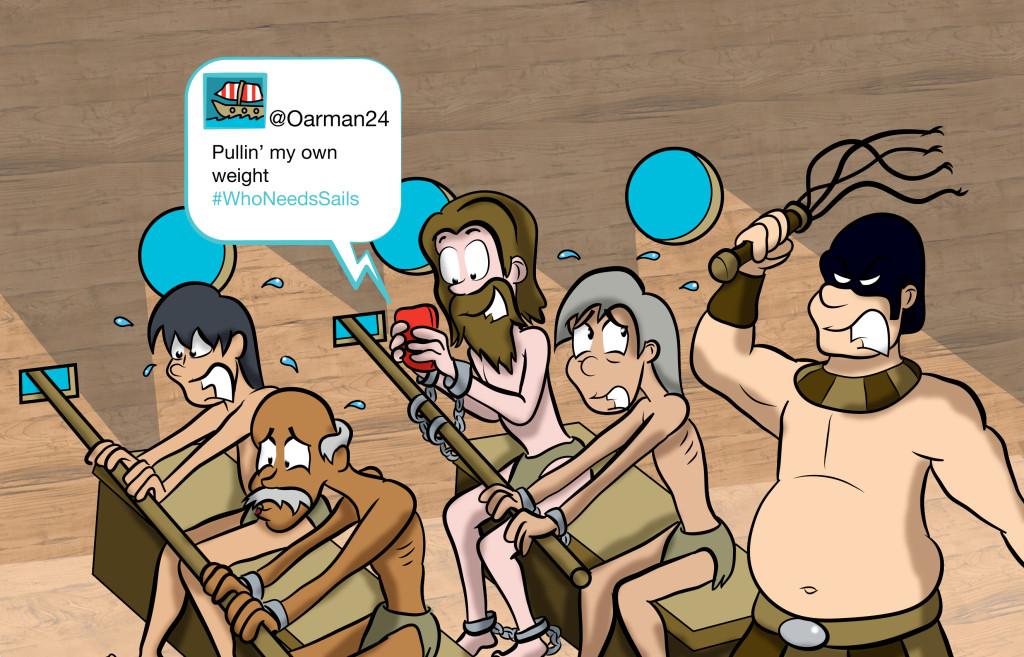
Power dynamics and the complacency of men
By Cazzy Lewchuk, Contributor
As you have probably heard by now, top Hollywood executive Harvey Weinstein has been accused of sexual harassment and assault by at least 13 women. Many women have spoken out about their own experiences of harassment by Weinstein and other executives, seeking solidarity with victims and taking a stand.
This problem is not a few bad apples, nor is it widely condemned. Sexual harassment and abuse range anywhere from a rude sexual comment all the way to rape. It is not just alarmingly common, but condoned and defended amongst society. It’s not just in Hollywood: Sexual misconduct—particularly perpetuated by male authority figures—happens everywhere. Men feel an entitlement in treating women like garbage, and we as a society make it easy for them to do so with no consequences.
It’s not enough for men to spout vague statements about condoning bad behaviour during a high-profile case. This is a systemic problem that enables and protects powerful men who abuse women. Many men know about the abuse, and many men are guilty of the abuse themselves. Many others protect the abuse for friendship or career reasons.
Protecting and enabling an abuser hurts everybody. It creates a system where abusers are free to promote and engage in this kind of behaviour. It’s not just women who are victims: James Van Der Beek and Terry Crews have both come forward as being sexually assaulted by powerful executives.
This is not a big name suddenly being revealed to everyone that he abuses women. This is a big name’s actions which were well-known around the industry suddenly being exposed to the public. Not every celebrity is admitting they knew, but with the number of allegations and legal history, it’s clear this was not a big secret. This is only the tip of the iceberg for exposing abusive and powerful men. It’s clear there’s a lot more happening we don’t know about yet.
This happens in every industry. When a woman tells a man someone abused her, the man has a duty to listen and respond. This includes not associating with the abuser anymore or confronting them about their actions.
Naming names is important. It’s not easy to call out an abuser—particularly if you might suffer personal consequences or you have been hurt by that person in the past—but it’s the only way to ensure this behaviour has consequences. Direct action works, and knowing who is behaving badly is important.
While men like Harvey Weinstein and Bill Cosby have (unfortunately) not been punished legally for their actions, their careers have essentially ended and they are widely known as sexual predators. Collective shame does work, particularly when the powerful speak out. If you have the privilege of being well-known and influential (especially if you’re a man), you have a duty to expose the bad behaviour of others. It’s not enough to hint that some people are abusive: Publicly calling out names sends a better message.
Sexual assault and harassment is not something that can be shaken off. It is dehumanizing, predatory, and traumatic. It is an experience that can haunt victims for years and is one of the worst feelings that can happen to you.
It’s also not about your own personal feelings towards an abuser. It doesn’t matter how nice of a person they are or how shocked and upset you might be. The victims and their trauma matter much more. They deserve to be believed and sympathized with, and their abusers deserve to be punished.

